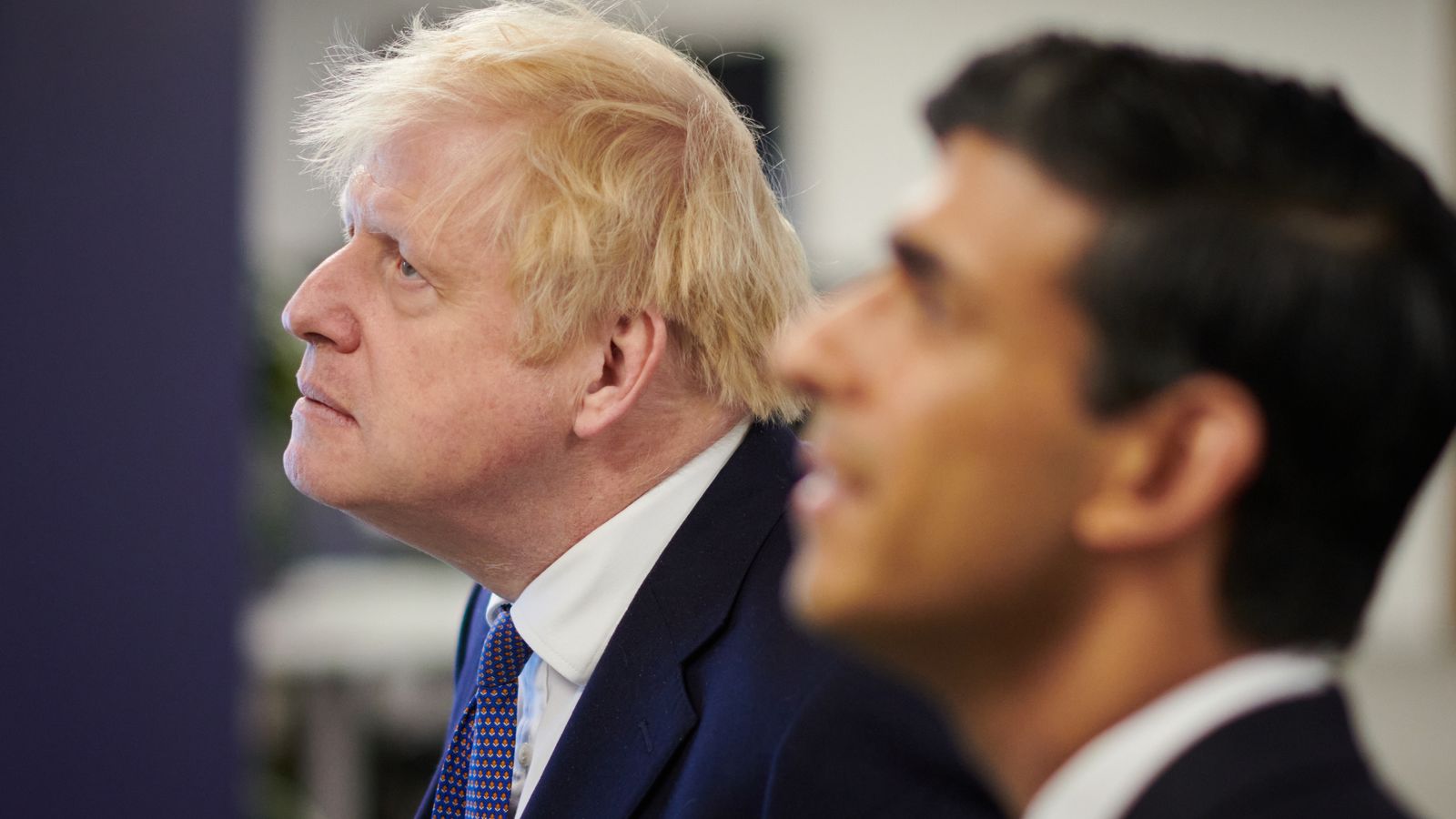The U.S. Department of Energy (DOE) today announced a slate of new efforts, including $15.5 million in new funding, to support solar energy deployment in underserved communities and build a diverse, skilled workforce. These initiatives will help families and businesses that have been left behind in the clean energy transition to reap the benefits of cheaper power and access to highly-skilled jobs. Together, these efforts reflect the Biden Administration’s commitment to launching every American worker and community into a greener future.
“Solar energy is one of the fastest, easiest, and cheapest paths to President Biden’s goal of 100% clean electricity by 2035 — and now, it’s time to double down on our efforts to make those benefits available to communities in every pocket of the country,” said Secretary Granholm. “These new initiatives and funding will jumpstart a long-overdue conversation around how DOE can leverage solar energy’s explosive growth to create solutions and jobs that lift up Americans who have been left behind, and create a future filled with JEDI.”
There are nearly 100 gigawatts DC (GW) of solar capacity currently installed across the country, and as much as 500 to 600 GW will be installed over the next 10 years. While DOE has continued to accelerate solar deployment by setting and meeting ambitious cost goals, the “soft costs” associated with non-hardware challenges — like design, siting, permitting, installation, and financing — ultimately contribute to its overall cost to consumers. Increasing equitable access to solar includes driving down these costs, as well as developing business models like community solar that are designed to engage low- and moderate-income households.
DOE’s Solar Energy Technologies Office (SETO) will leverage existing technical assistance, community solar, and workforce development programs to tackle these challenges, as well as seek input from a diversity of stakeholders on solutions that address the needs of underserved communities.
Funding Technical Assistance for Underserved Communities
Through two longstanding programs — SolSmart and the Solar Energy Innovation Network — DOE has helped hundreds of cities, counties, states, utilities, and electric system operators tackle barriers to solar deployment, and will now emphasize assistance for underserved communities.
- Today, DOE announced $10 million in funding for a SolSmart administrator for the next five years, who will update and manage the program to encourage more equitable solar deployment and the adoption of emerging technologies, such as solar + storage. SolSmart provides no-cost technical assistance to cities, counties, and regional organizations across the nation — helping them streamline processes that make it faster and easier to deploy solar energy, attract investment, and lower energy costs for families and businesses. To date, SolSmart has helped more than 400 communities in 43 states achieve these goals, and will now expand to focus on rural and low- and moderate-income communities.
- In addition, DOE will provide $5.5 million in technical assistance through the Solar Energy Innovation Network (SEIN) — a collaborative program that connects utilities, state and local governments, community-based organizations, and system operators to technical experts at DOE’s National Laboratories, who together develop innovative solutions to real-world regional challenges associated with solar energy adoption. This new funding will support Round 3 of SEIN’s research efforts, which will focus on creating new solutions for solar deployment in underserved communities and replicating solutions developed in previous rounds.
Leveraging Benefits of Community Solar Projects
Community solar can expand affordable access to solar to all Americans, by allowing everyone to share in the benefits regardless of whether their homes can support rooftop solar panels. Community solar projects are on the rise and span 39 states and the District of Columbia, but the bulk are in just four states and represent about 4% of solar capacity. In 2019, DOE launched the National Community Solar Partnership — a $15 million initiative with over 500 partners and a goal to expand affordable community solar access to every U.S. household by 2025. To date, the Partnership has provided technical assistance to over 100 members.
- In a new effort to rapidly and equitably deploy community solar, DOE today announced the launch of an Equitable Access to Community-Based Solar Request for Information (RFI). In addition to the RFI, DOE will convene a series of meetings with environmental justice organizations, state and local governments, solar developers, and other stakeholders to solicit feedback on how these projects can best address energy challenges in underserved communities. This feedback will shape DOE’s efforts to engage partners, provide useful resources, and design funding opportunities that help scale up community solar in every pocket of the country.
Increasing Workforce Diversity and Skills Training
A diverse, skilled, and supported solar workforce is essential for developing clean energy solutions that benefit all Americans. Yet today, one-third of U.S. solar companies have reported difficulty in hiring qualified workers.
- To tackle these challenges, DOE today announced the launch of a workforce RFI to gather information on how best to frame future workforce funding that ensures new jobs offer good wages, benefits, and worker protections. DOE will also host a series of meetings and solicit feedback from labor unions and the solar industry on its plans to provide targeted training efforts.
For more information about SETO and its research priorities around soft costs, click HERE.
For details on upcoming information sessions about the announced funding opportunities:
Courtesy of the U.S. Department of Energy (DOE)

